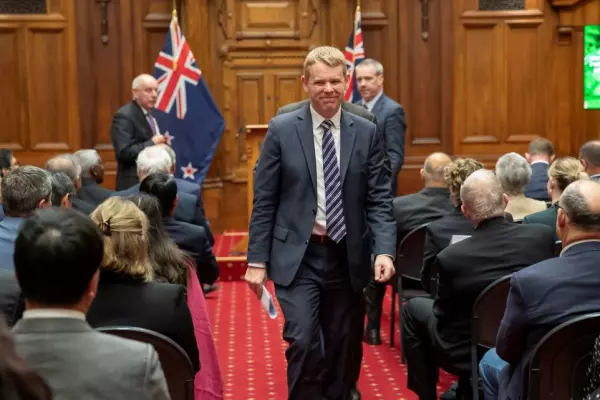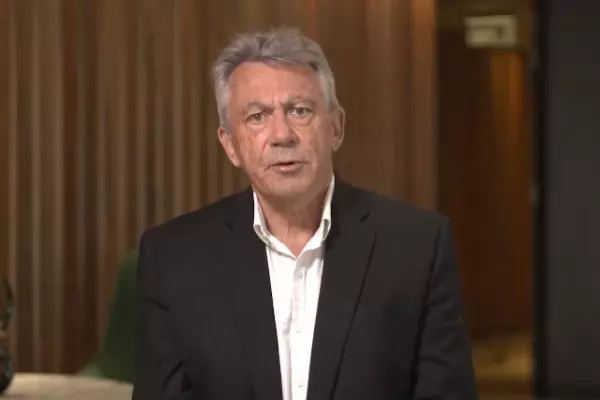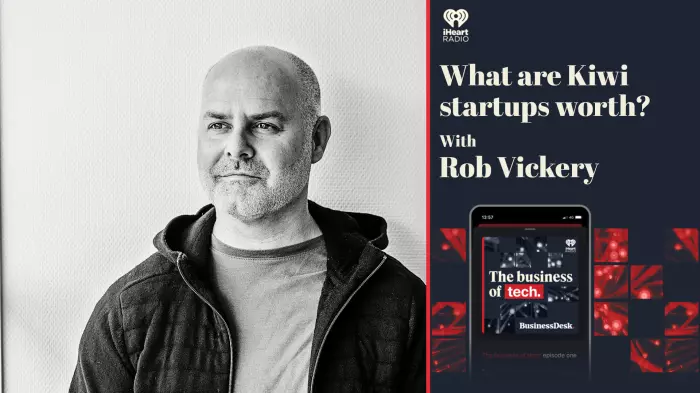A large number of businesses sell goods and services to the public health system. For many, it's a big part of their business model.
At public health agency Te Whatu Ora, we recognise their importance to our goals and see them as part of the wider health services ecosystem.
Our goals are to use resources efficiently and effectively, and create equity for access and results for public health services as a whole, not simply hospitals.
As we look at our relationships, we'll take a holistic approach to who we relate to and how.
We intend, over time, to take a zero-base approach to this, driven not by historical relationships but by future value to our goals.
The systems and relationships we've inherited are inefficient and confusing.
Both our systems and those we work with must change significantly to meet our goals. We're moving forward on this with care, given the sensitive nature of our activities, but with deliberate focus on those goals.
To do this, we first have to centralise many functions that were scattered. This is essential to:
- Better understand our systems and our costs – the data and systems we have are not adequate to make rational decisions.
- Set up decision processes and accountabilities, which mean rational decisions can be taken and implemented.
- Confirm and implement the equity changes that are either obstructed or have been caused by previous priorities and processes.
This is essential and is our key priority for the next year or so. On its own, it's a big change programme and will be driven top-down.
At the same time, we're creating a bottom-up initiative where the setting of local delivery systems and services is led by locality networks of health service providers and users, and by iwi-Māori partnership boards. This is where the impetus for future transformation will come.
The task of the centralised functions is to serve this transformation. Again, care and deliberate focus on the goals is vital.
The health service system must keep working as we shift. There will be a regional layer in our structure, which is not to weigh down the process but to serve the delivery between the centralised and the local activity.
This all sounds potentially very disruptive to our current relationships and to the business models of those working with us. It has to be – and that is the point.
We all have to change, or our health service issues will stay the same. It will happen over years, not all at once, but it must happen.
The positive aspects, apart from the goal of pae ora or healthy futures, which we all surely share, are these:
- This future health system will be financially, socially and environmentally sustainable. There's not much point having a business that relies significantly on a dying or faltering service.
- Future relationships will be less transactional, longer term and mutual than in the past.
- For efficient and effective large providers, there will be national-level relationships, which are more efficient and effective than multiple contracts in terms of setting up and maintaining them.
- For smaller local providers, there will be better opportunities to develop relationships that are directly appropriate to a locality's needs, within national quality standards.
We want to work with current and future providers towards more mutual goals. There'll be an extended transition period while we restructure ourselves. Over this time, we will of course continue committed relationships, though we will expect incremental improvements as we identify those.
We won't change everything about ourselves overnight, so providers and potential providers will need patience.
There's no point in pressing new products and services on to our teams in a rush while we're restructuring.
We are driven deliberately and carefully by our goals, not by responding to the instant goals of others.
Rob Campbell is chair of Te Whatu Ora.














